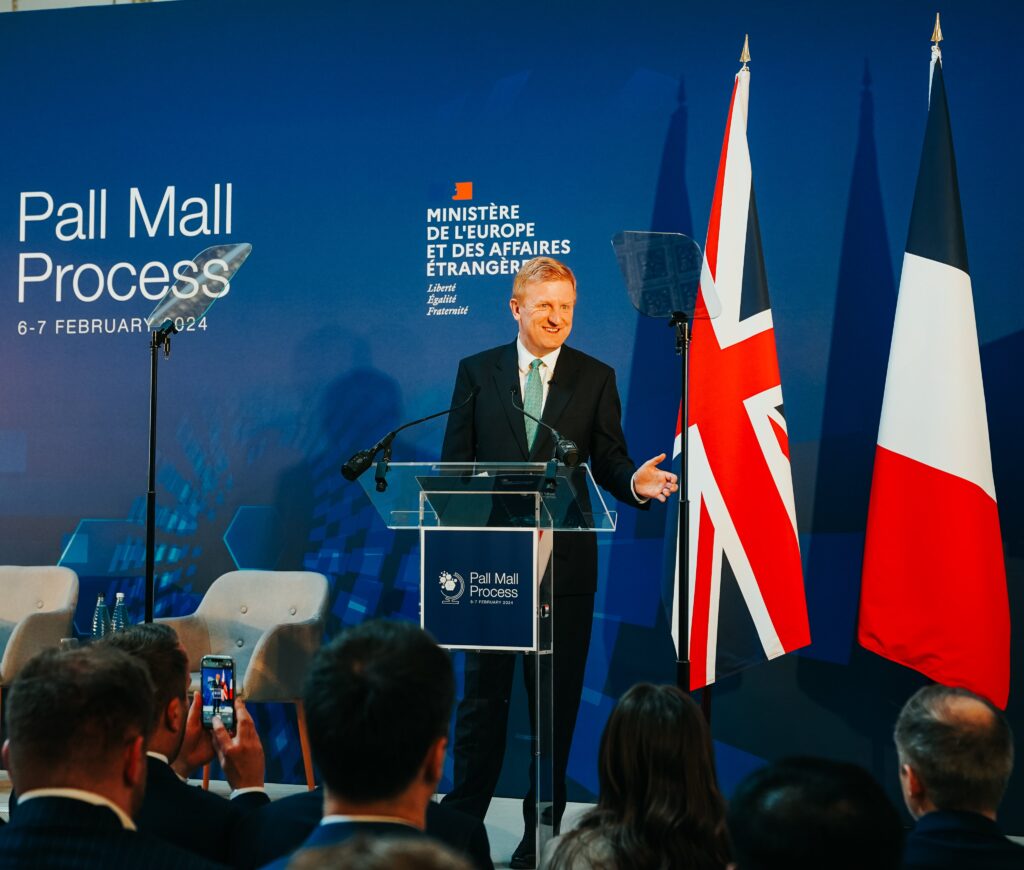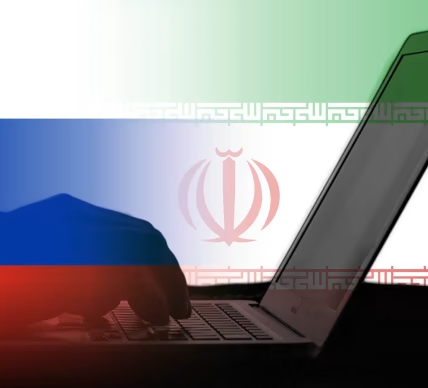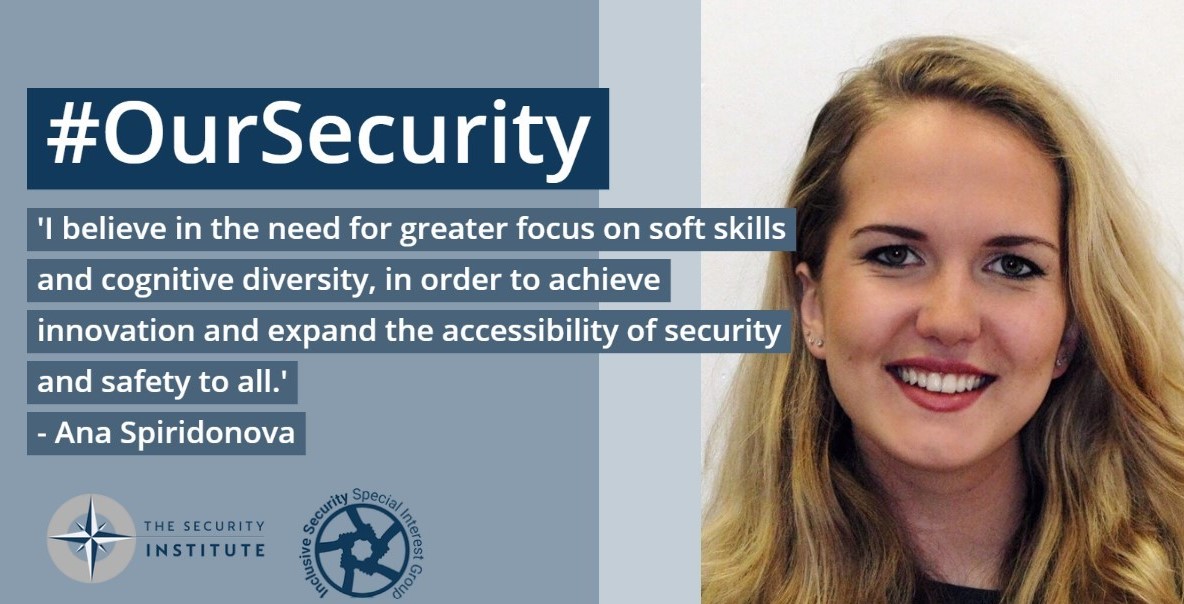Decisive Action on Spyware: Unprecedented Cybersecurity Pact Unveiled at London Conference
In the clandestine realm of cyberspace, where espionage meets the digital frontier, a chilling truth is unveiled. Spyware, touted as a guardian of national security, reveals its sinister side, orchestrating hacking-for-hire campaigns that target civil society, political dissidents, and journalists.
Recognising the threat, the UK and France, in collaboration with tech giants Google, Microsoft, and Meta, have embarked on a historic initiative – Pall Mall Process.
Unveiled during a two-day conference at London’s Lancaster House, this resolute initiative targets the alarming proliferation of spyware. Responding to the growing threat posed by state and non-state actors wielding powerful surveillance technologies, aiming to fortify national security and safeguard individual rights.
Spyware’s Role in Hacking-for-Hire Campaigns
The industry faces heightened scrutiny, particularly in the aftermath of revelations surrounding the NSO Group’s Pegasus spyware, implicated in widespread human rights violations on a global scale.
The Pegasus Project, an in-depth investigation into the leak of 50,000 potential surveillance targets, unveils a chilling reality – heads of state, activists, and journalists worldwide have become unwitting victims of the invasive spyware.
The alarming success rate, where NSO Group’s spyware successfully infected or attempted to infect devices in an astounding 85% of cases, raises serious concerns about the effectiveness of existing regulatory mechanisms. As the digital age grapples with the erosion of privacy and the potential for abuse, the findings emphasise the urgency for decisive action to fortify our cyber defences.
The stark warning from Britain’s National Cyber Security Centre (NCSC) amplifies the severity of the issue, revealing that over 80 countries have acquired spyware over the past decade. These surveillance tools, wielded for both legitimate law enforcement purposes and questionable motives, underscore a global vulnerability to cyber threats.
NCSC clearly states, “This is almost certainly happening at scale, with thousands of individuals targeted each year. While current products focus on mobile devices and intelligence gathering, as the sector grows and demand increases, products and services will likely diversify to meet demand.”

In response to this looming threat, the Pall Mall Process emerges as a beacon of hope. Initiated by the UK and France, this global cybersecurity pact becomes the focal point of a resolute effort to combat the proliferation of spyware. The conference, attended by representatives from 35 nations, major tech companies, legal experts, and human rights defenders, sets the stage for decisive action.
The agenda was crystal clear: address the malicious use of cyberespionage tools, such as those facilitating phone call eavesdropping, photo theft, and remote camera/microphone operation.
The UK-France joint statement, echoing the urgency of the situation, pledges to employ cyber tools responsibly, advocating for precision, enhanced oversight, and increased transparency in dealings with commercial spyware vendors.
The Pall Mall Process, therefore, stands as a crucial initiative, a shield against the advancing shadows of cyber espionage. With a mission that transcends borders, it strives to ensure the lawful and responsible employment of cyber technologies, all while enhancing oversight. Failure to act decisively could not only cast a long, ominous shadow over our digital future but also leave the door wide open for malicious actors to exploit vulnerabilities. The stage is set for a monumental battle between the forces of cybersecurity and the forces of digital espionage.


































































































































































































































































































